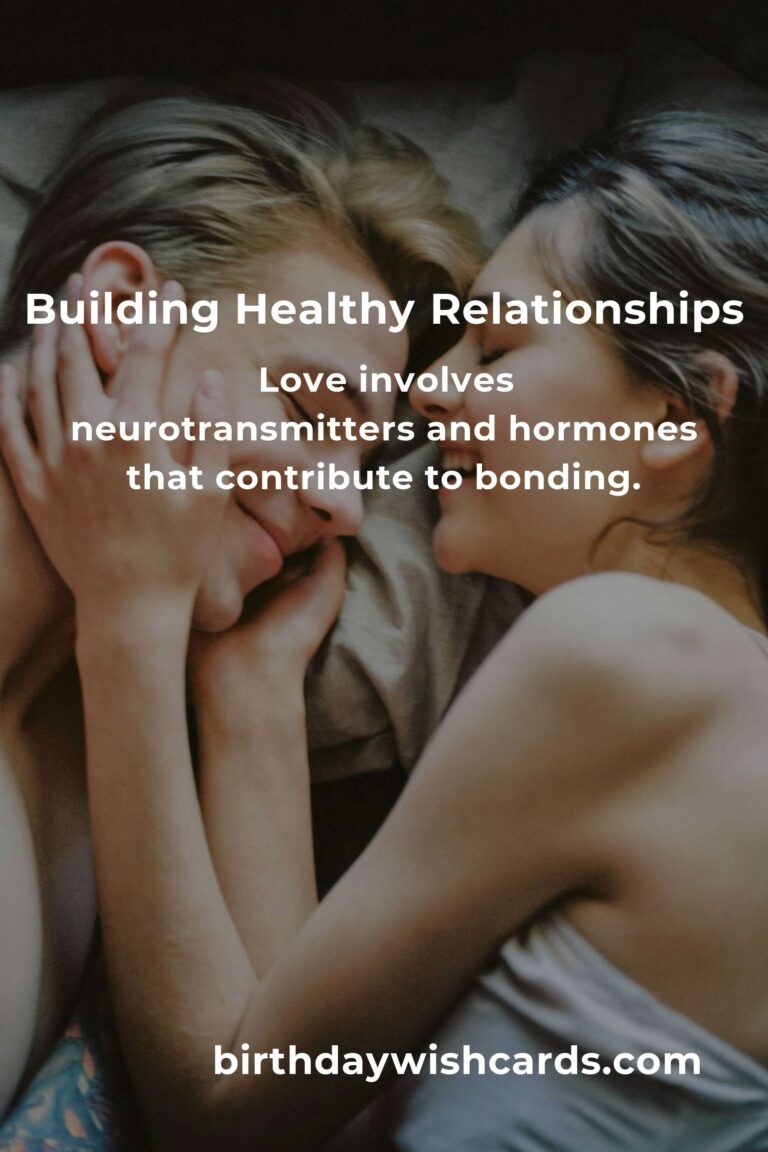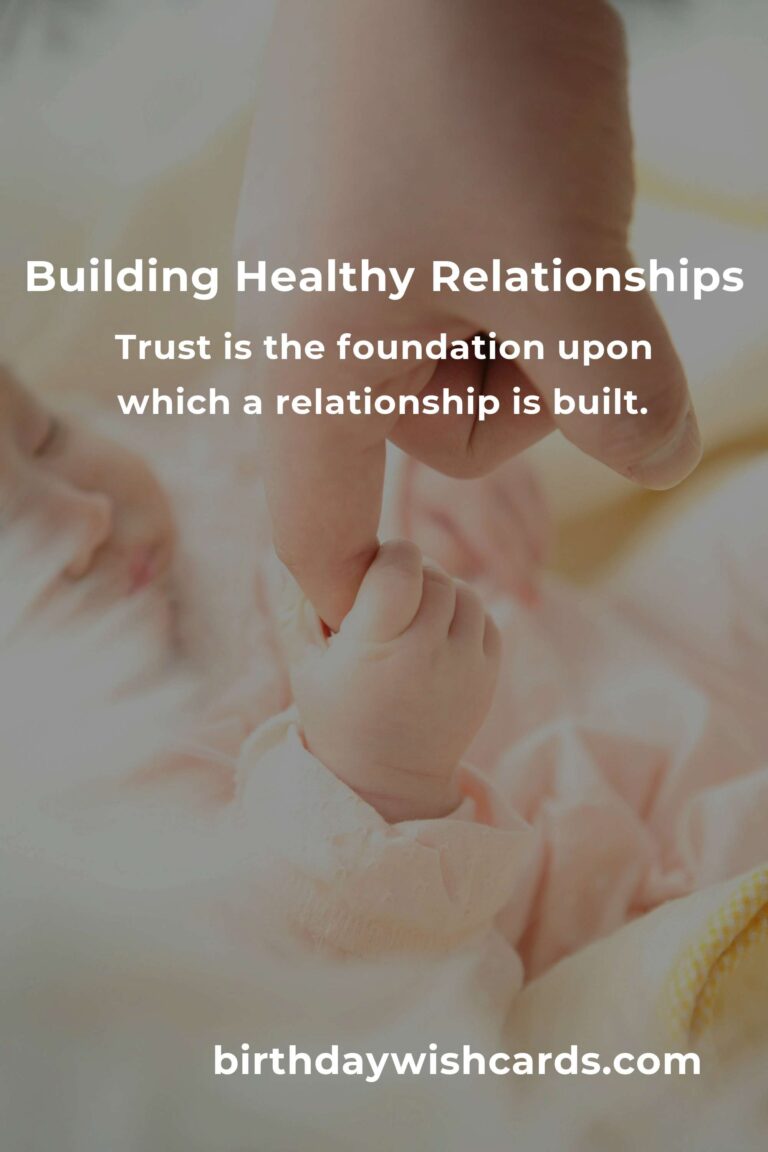
Relationships are a fundamental aspect of human existence, influencing our emotional well-being, mental health, and even physical health. But what exactly makes a relationship healthy? Scientists and psychologists have long been studying the dynamics of relationships to uncover the secrets that lead to lasting and fulfilling partnerships.
The Importance of Communication
Effective communication is often cited as the cornerstone of a healthy relationship. It involves not only expressing your thoughts and feelings honestly but also listening actively to your partner. Communication enables couples to resolve conflicts, express needs, and build a deeper understanding of each other.
Research has shown that couples who communicate well tend to have stronger relationships. They are better equipped to handle disagreements and are more likely to work together to find solutions that satisfy both partners. Techniques such as active listening, empathy, and validating your partner’s feelings can significantly enhance communication.
The Role of Trust
Trust is another critical component of a healthy relationship. It is the foundation upon which the relationship is built, allowing partners to feel secure and supported. Trust involves being honest, reliable, and maintaining confidentiality. When trust is present, partners are more likely to feel safe sharing their vulnerabilities and dreams.
Studies have indicated that trust can strengthen over time through consistent actions and open communication. When trust is broken, it can take time and effort to rebuild, but it is possible with commitment and transparency.
Emotional Intelligence and Empathy
Emotional intelligence, the ability to understand and manage your own emotions as well as the emotions of others, plays a vital role in maintaining healthy relationships. Partners who are emotionally intelligent are better at recognizing and responding to each other’s emotional needs.
Empathy, the ability to understand and share the feelings of another, is closely related to emotional intelligence. It helps partners to connect on a deeper level and fosters compassion and support within the relationship.
Maintaining Individuality
While being in a relationship often involves a significant amount of sharing and compromise, maintaining one’s individuality is essential. A healthy relationship allows both partners to grow as individuals and pursue their personal interests and goals.
Encouraging each other’s independence and respecting personal space can lead to a more balanced and harmonious partnership. It prevents codependency and fosters a sense of self-worth and personal fulfillment.
Conflict Resolution Strategies
Conflicts are a natural part of any relationship. The key to a healthy relationship lies in how conflicts are managed. Couples who use constructive conflict resolution strategies are more likely to have satisfying relationships.
These strategies include staying calm, focusing on the issue rather than personal attacks, and seeking win-win solutions. Avoiding the ‘silent treatment’ and instead, discussing issues openly can prevent misunderstandings and resentment.
The Science of Love
Love itself is a complex biological and psychological phenomenon. Scientists have discovered that love involves a combination of neurotransmitters and hormones such as dopamine, oxytocin, and serotonin, which contribute to feelings of attachment, happiness, and bonding.
Understanding the science of love can help couples nurture their relationship by fostering activities and behaviors that promote these chemicals, such as physical affection, shared experiences, and positive communication.
Conclusion
Building and maintaining a healthy relationship requires effort, commitment, and understanding. By focusing on communication, trust, emotional intelligence, individuality, conflict resolution, and the science of love, couples can unlock the secrets to a successful and fulfilling partnership. As research continues to delve into the intricacies of human relationships, we gain more insights into how to nurture and grow our connections with others.
Relationships influence our emotional well-being, mental health, and even physical health. Effective communication is the cornerstone of a healthy relationship. Trust is the foundation upon which a relationship is built. Emotional intelligence helps partners to recognize and respond to each other’s needs. Maintaining individuality is essential in a healthy relationship. Constructive conflict resolution strategies lead to satisfying relationships. Love involves neurotransmitters and hormones that contribute to bonding.
#HealthyRelationships #Communication #Trust #EmotionalIntelligence #LoveScience













